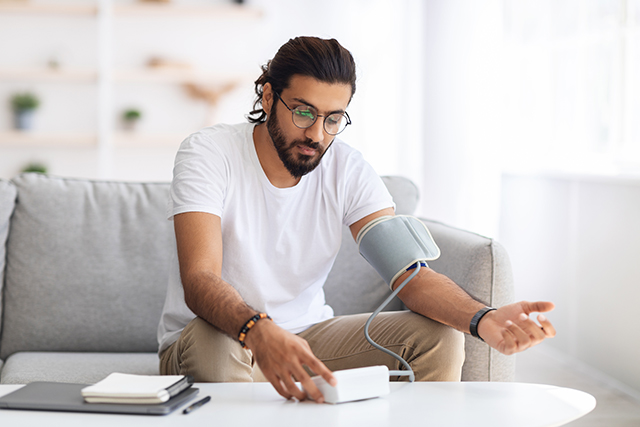Hypertension, more commonly referred to as high blood pressure, is a dangerous condition that can cause damage to your heart. It damages arteries and puts you at risk of cardiovascular disease, stroke, and kidney failure. It is important to have a balanced BP level, so continue reading to learn about natural ways to lower your blood pressure.
Defined as systolic blood pressure ≥140 mmHg, or diastolic blood pressure ≥90 mmHg, hypertension affects one-third of adults in the US. Of those 75 million, about half (35 million) don’t have it under control and about 33% (11.5 million) are unaware of it. It is often referred to as the “silent killer” due to its lack of obvious symptoms.
The number of those suffering from high blood pressure continues to increase. There are two ways to treat hypertension: medication and lifestyle changes. Unfortunately, 47% of those who are treating their hypertension with medication are not seeing adequate results.
There are several lifestyle changes that can be made to help lower blood pressure.
Aerobic Exercise
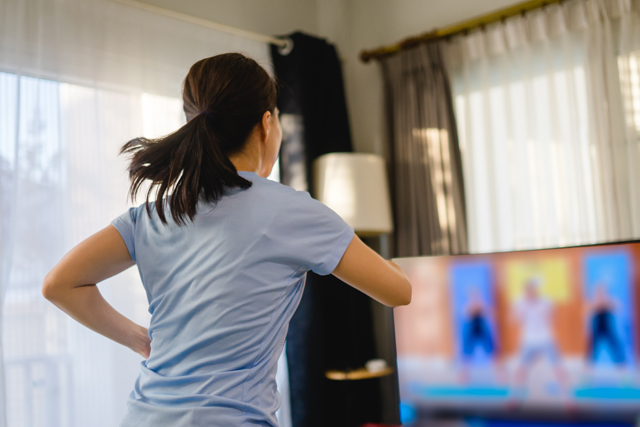
Exercise is a commonly encouraged lifestyle change for those suffering from high blood pressure. Studies have shown that regular aerobic exercise can actually reverse pathological hypertrophy (thickening of the heart muscle) as well as lower blood pressure.
Those who do not suffer from high blood pressure saw a reduction of about 3-4 mmHg in resting systolic and diastolic blood pressure while those suffering from hypertension saw a 6-7 mmHg reduction with aerobic exercise.
Studies have shown that 150 minutes of moderate physical activity each week, or 75 minutes of vigorous physical activity, is an excellent complement to blood pressure medications. These results were produced when aerobic activity lasted at least 10 minutes per session throughout the week.
In many studies, less Sodium, More Potassium
High sodium intake has been linked to high blood pressure. Unfortunately, modern diets have increased sodium intake for many. They have also decreased potassium intake.
Where sodium can increase blood pressure, potassium can lower it. It can help to ease the tension in your blood vessels and lower your pressure. Potassium can also cause you to lose more sodium through your urine, reducing the effects of high sodium intake.
For the average adult, the recommended daily potassium intake is 4,700 milligrams. Potassium-rich foods include avocados, fat-free yogurts, fish, spinach, and mushrooms.
Lower Alcohol Intake
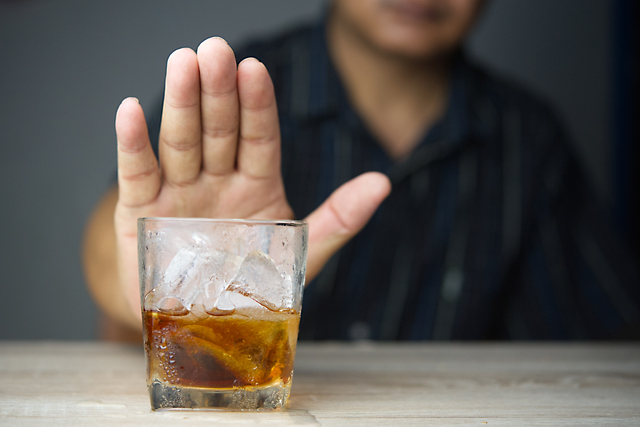
Though there is research available that states alcohol in moderation has benefits for heart health, it can also spike your blood pressure. Alcohol has been linked to many cases of hypertension worldwide. You don’t necessarily need to cut alcohol out of your diet entirely, but you should limit your intake.
The American Heart Association recommends no more than two drinks a day for men and no more than one drink per day for women. They define “one drink” as one 12 oz. beer, 4 oz. of wine, 1.5 oz. of 80-proof spirits, or 1 oz. of 100-proof spirits.
Reduced Stress Levels
High-stress levels can cause short-term spikes in blood pressure. The increase in stress-related hormones your body produces will increase blood pressure, increase heart rate, and cause a narrowing of blood vessels. This increase in blood pressure can be dangerous, especially for those already suffering from hypertension.
Though stress itself is not known to cause hypertension, there is growing evidence that chronic psychosocial stress can contribute to the development of hypertension.
There are many natural supplements available that reduce stress (and anxiety). Meditation has been known to decrease stress levels and lower blood pressure. Calming music has also been linked to lower stress levels and lower blood pressure.
Deep Breaths
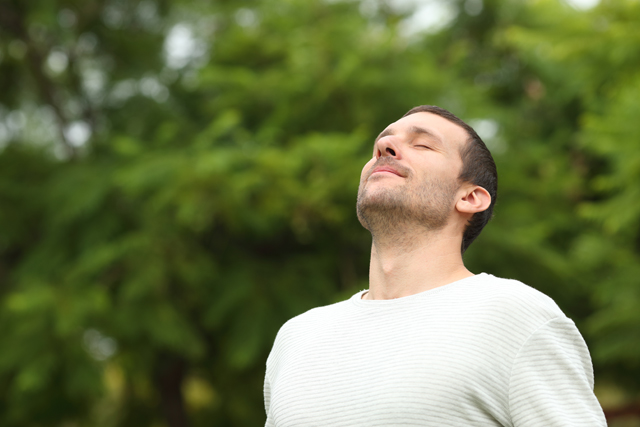
Deliberate breathing has been found to lower blood pressure when deep breaths are taken over 30 seconds. Practicing regular, deliberate breathing may have a positive impact on your blood pressure levels.
There are many different breathing exercises to try. These can be done on your own, or with the help of a breathing coach. Breathwork has also been known to lower stress levels.
Weight Loss
Will losing weight lower blood pressure? Being overweight or obese can significantly increase your risk of developing hypertension. As your body weight increases, so too does your blood pressure.
For those who suffer from hypertension, losing weight has been shown to greatly affect blood pressure. Losing even 10 pounds can lower blood pressure.
DASH Diet
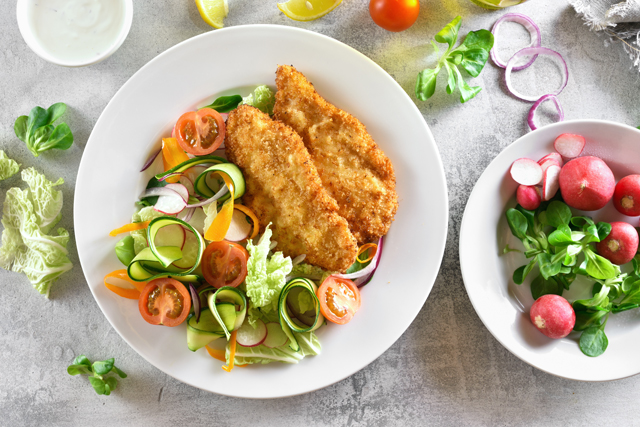
The DASH (Dietary Approaches to Stop Hypertension) diet has been around since 1996 and was published in the New England Journal of Medicine in 1997. It emphasizes foods that are rich in protein, fiber, potassium, magnesium, and calcium. It also limits foods that are high in saturated fat and sugar.
There have been many clinical trials of the DASH diet with those suffering from hypertension and prehypertension. Results have consistently shown lower blood pressure in patients. It has also been known to reduce the risk of type 2 diabetes, obesity, and other cardiovascular issues.
Lower Your Blood Pressure Naturally
Heally provides access to information about natural and alternative health through our alternative health blog. We also have access to a network of specialists who are knowledgeable in nutrition, deliberate breathing, and more through our online telehealth platform.
If you’re interested in being matched with a specialist, fill out our patient form, and we will reach out to you as soon as possible.
